Sunday morning with Charlotte Moraga
Moraga is the artistic director for the acclaimed Chitresh Das Institute, which will bring its newest work, “Invoking the River,” to India in January.
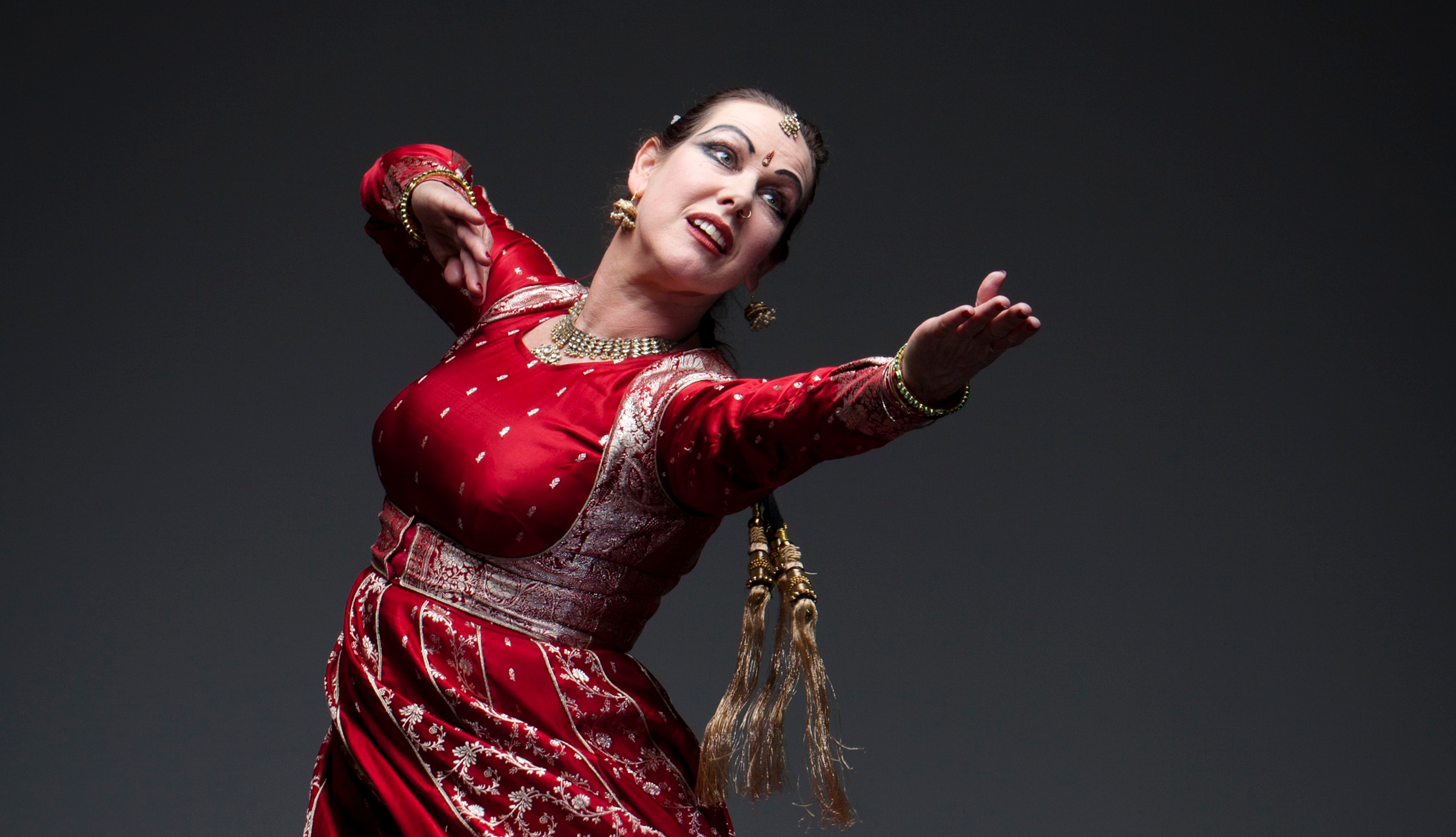 : Charlotte Moraga, artistic director of the Chitresh Das Institute / Image: Chitresh Das Institute
: Charlotte Moraga, artistic director of the Chitresh Das Institute / Image: Chitresh Das Institute
The late dancer Chitresh Das was considered the father of Kathak in the United States He founded the Chhandam School of Kathak and the Chitresh Das Dance Company in Northern California to teach the classical Indian dance form to his many disciples.
Das still performed onstage until his sudden demise in 2015. After his passing, Charlotte Moraga, who danced with the company for more than 20 years, joined forces with his wife, Celine Schein Das, to found the Chitresh Das Institute, to keep alive the legendary dancer’s legacy. Moraga now serves as the institute’s artistic director.
Her newest work, “Invoking the River,” premiered late September in the San Francisco Bay Area. The institute will next perform the piece in four cities in India next February.
In an interview with New India Abroad, Moraga discussed her vision for “Invoking the River.” Here are excerpts.
NIA: Charlotte, what was the inspiration behind “Invoking the River?”
The rivers in India have always held a really prominent place in my mind, in my body and in my imagination. we have in our mind the lotus blossoms and the butterflies and the birds and the beauty of the river, but we don't really look at what is happening in real life in the state of the river.
The Jamuna is in certain areas is dried up. It's one of the most polluted rivers in the world. And so how are we treating these goddesses? On the one hand, they're so revered and they're worshiped, but it's always with that expectation of what can you give me? Like, can you cleanse my sins? Can you give me the water I need to survive? Can you give me water to power our power stations? We expect from them, but what are we doing for them?
Rivers are goddesses. They have a tremendous feminine power. They have the power to create, and they have the power to destroy. And we're completely dependent on them for life, for transportation, for resources, for power, everything.
Image: Dancer Vanita Mundhra pays homage to the Manikarnika ghat in the Chitresh Dance Institute’s performance of “Invoking the River.” Tabla maestro Nilan Chaudhuri is shown in the background. (Photo courtesy of the Chitresh Das Institute)
The pianist Utsav Lal has composed the haunting and lyrical music for “Invoking the River.” Could you talk about working with Utsav?
I met Utsav in 2019. And after talking to him, within just 10 minutes, I knew I wanted to collaborate with him because he has a big wealth of perspective and experience.
He plays piano as it plays ragas, and he tries to get that out of the piano, which is not a traditional instrument. He's constantly creating ways and looking at sound in different ways. He's also played with lots of different musical influences, Irish and many, many different jazz. And so he has such a broad perspective and a very unique perspective on sound and music. And yet he has a deep knowledge, a deep knowledge of the classical tradition. He has a deep knowledge of Hindustani music.
NIA: What do you hope audiences will take away from this piece in terms of their own relationship to the environment?
As we walk upon this earth, we take so much for granted. We all have different levels of privilege, of course, but we take so much for granted. And I think going back, slowing down, going back and examining: ‘How am I going forward into this earth? Do I want to just take everything I can get while I'm alive because life is short? Or do I want to think about what my grandchildren and what the future of the earth will be? And how should I go forward? How can I give back?’
ADVERTISEMENT
ADVERTISEMENT
E Paper
Video




 Sunita Sohrabji
Sunita Sohrabji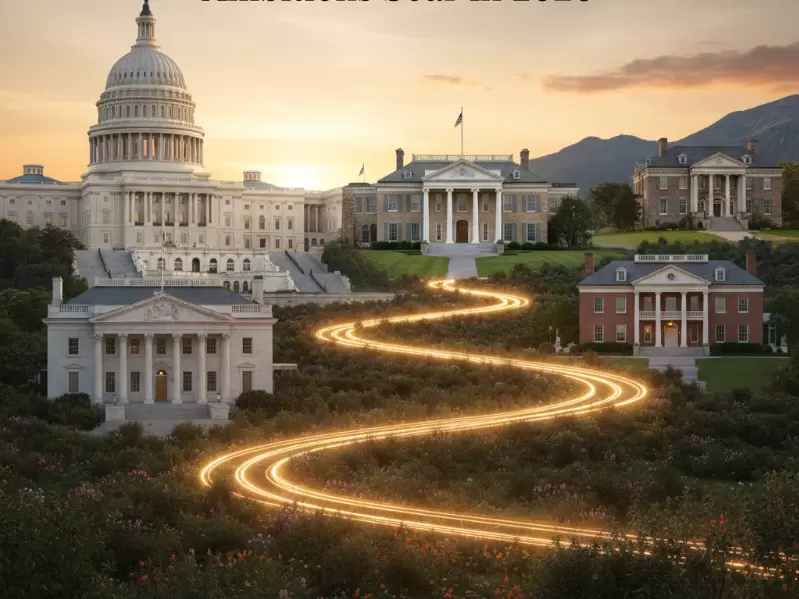

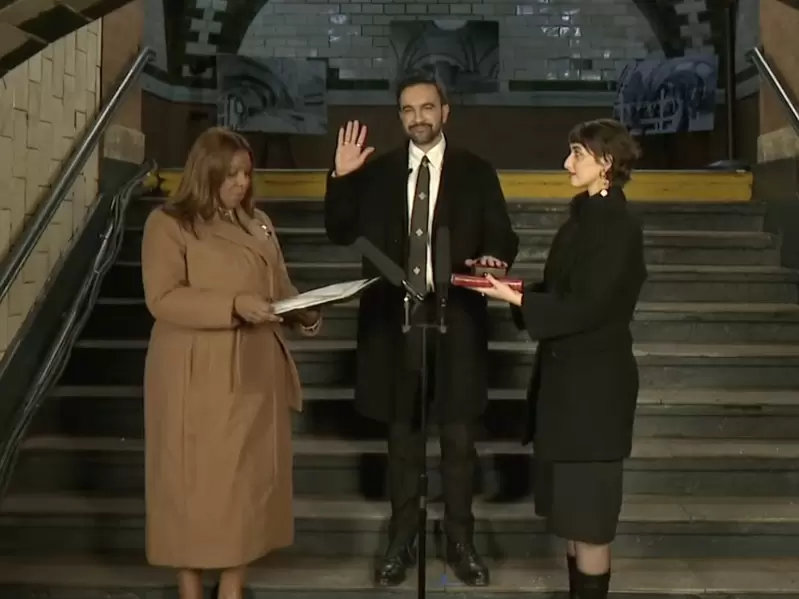

.jpg)
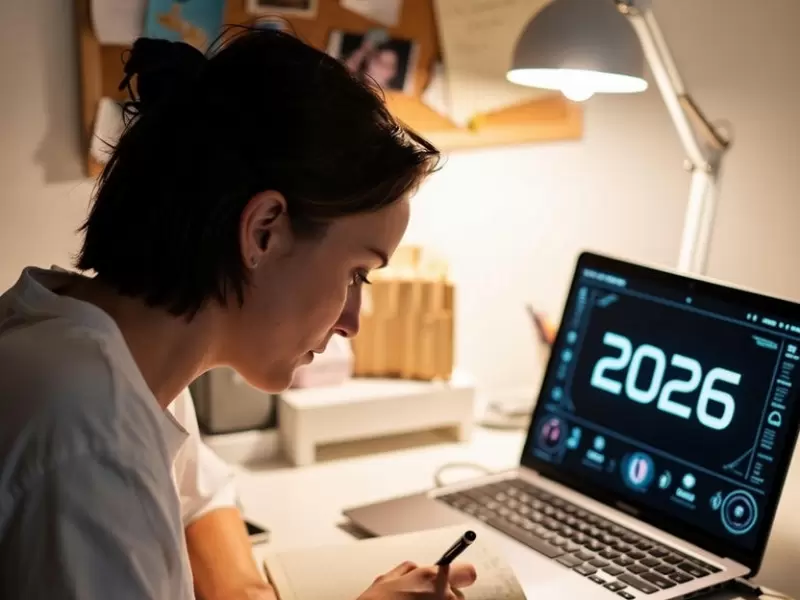
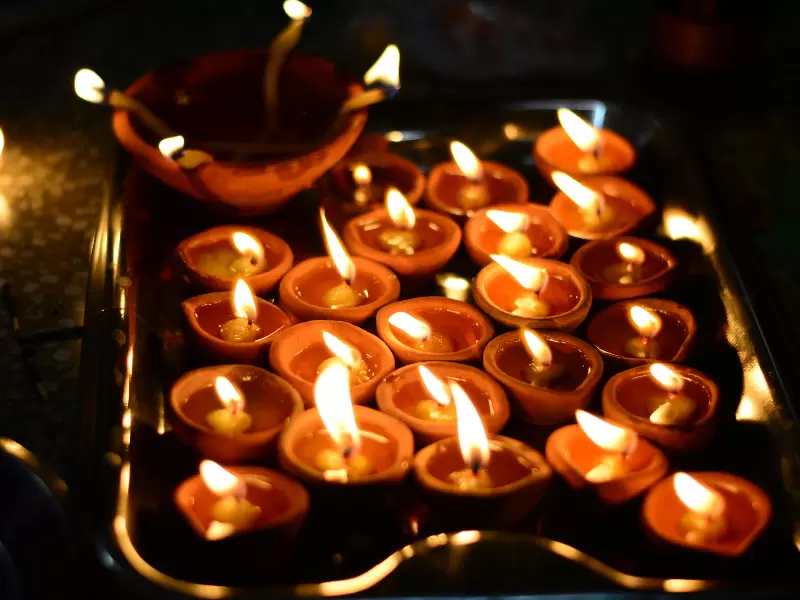

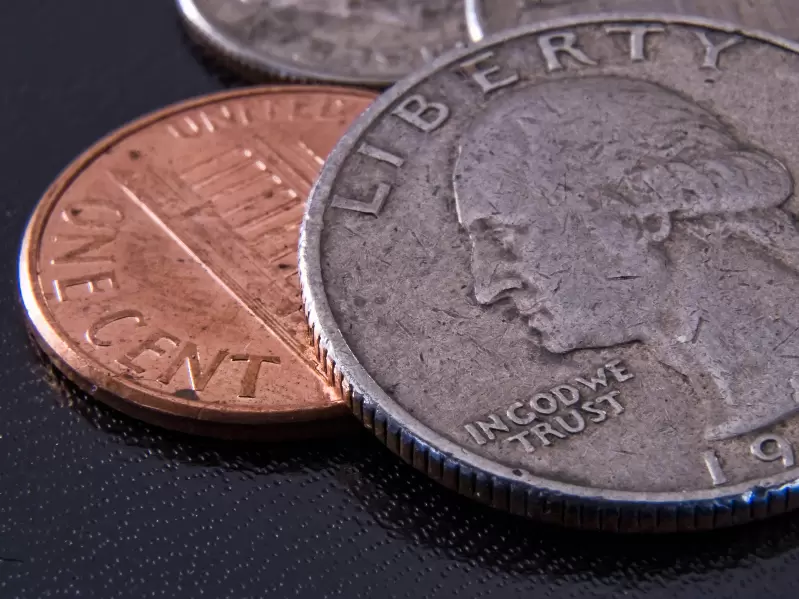
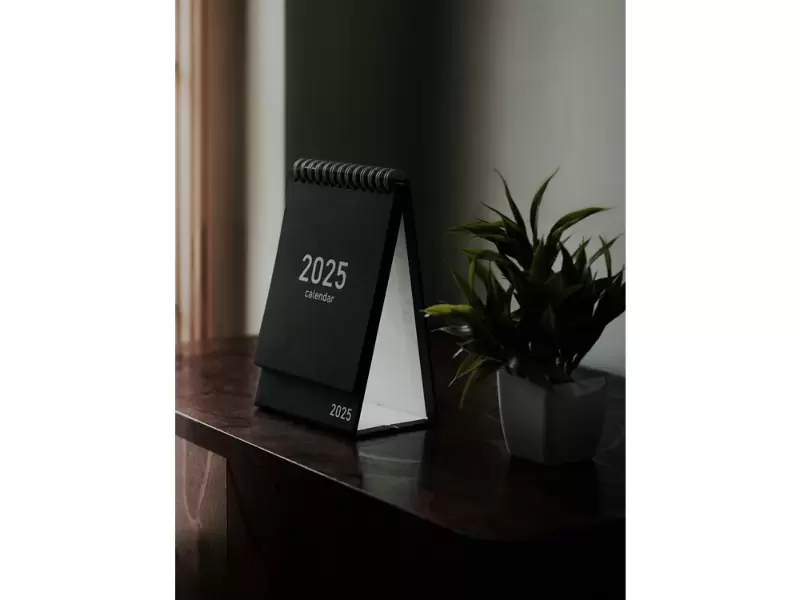



Comments
Start the conversation
Become a member of New India Abroad to start commenting.
Sign Up Now
Already have an account? Login